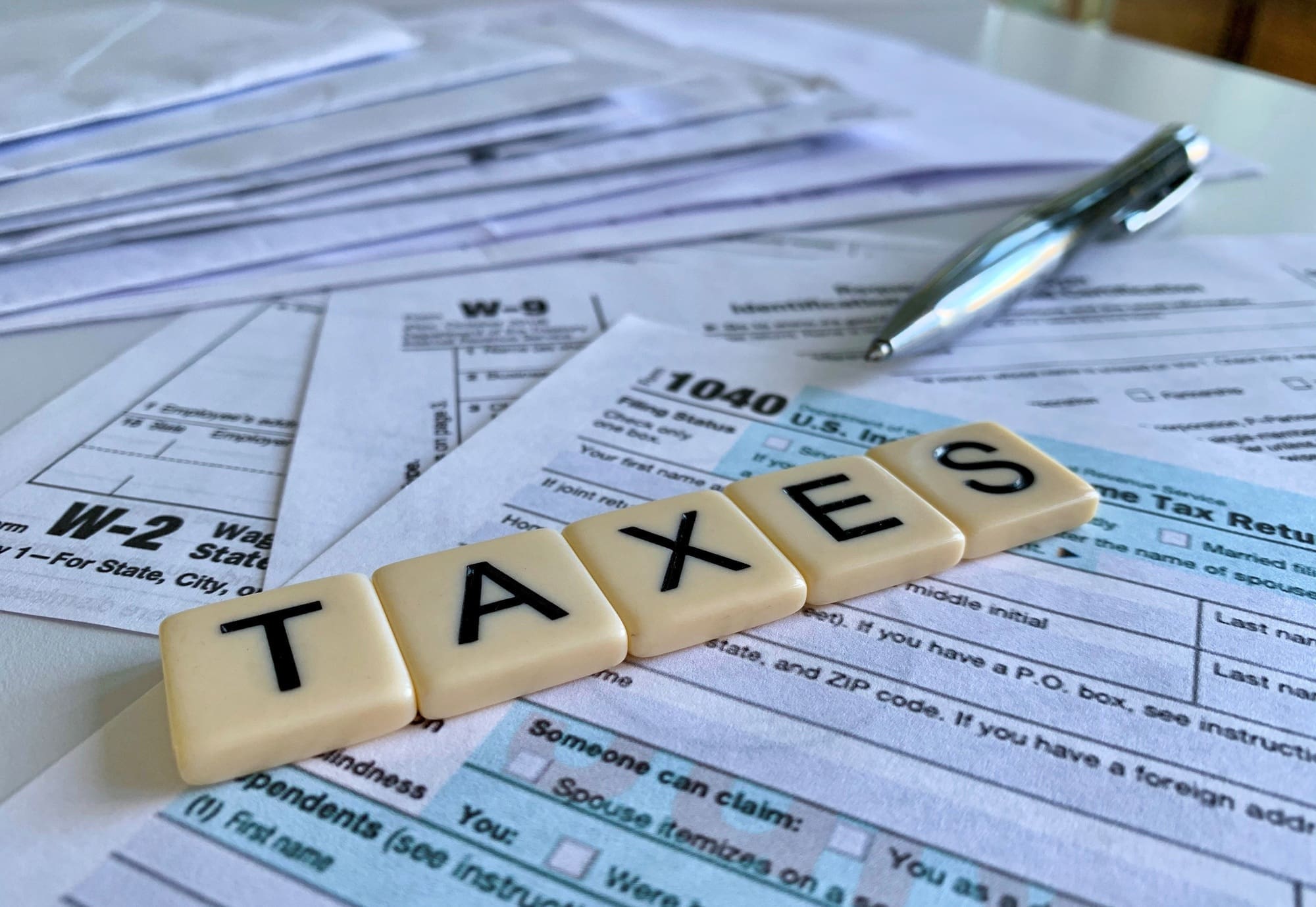The number of investigations that HM Revenue & Customs has opened into claims for agricultural property relief has increased by 28% in the last year, jumping from 217 investigations to 278 in the last 12 months, according to law firm Boodle Hatfield.
Owners of agricultural land can pass it on to their children or others without incurring an inheritance tax bill, by claiming agricultural property relief. To qualify, the land must be used for agricultural purposes, such as growing crops or the rearing of livestock for the requisite period (either two years or seven years) before it is passed on.
HM Revenue & Customs will investigate claims for agricultural property relief when it suspects land is not being farmed commercially. They may reject a claim for the relief for a number of reasons. Those reasons will certainly include, but are far from limited to, the following areas of concern:
- The claimant lives in the farmhouse, but plays no part in farming the land, this being someone else entirely who lives offsite. In this instance, the farmland may still be eligible, but the farmhouse will be liable for inheritance tax.
- The size and value of the farmhouse is not commensurate to the size and value of the farmland. This may be the result of extending the farmhouse or previous sales of farmland reducing the total acreage.
- The farm’s ‘outbuildings’ are located some distance away. This could suggest that the outbuildings are not used for agricultural purposes.
- Farmworkers’ cottages are being used for holiday lets, rather than agricultural purposes.
- The land has been used for ‘rewilding projects’, which are not eligible for agricultural property relief, e.g. trees or wild meadows.
These are classic mistakes which families taking on farming for the first time in an attempt to avoid inheritance tax commonly make. They are also made by families who have been farming for generations.If they are not running a proven commercial farming business then hoping to attract the relief is just wishful thinking!
After a farmer retires, there is also a risk that HM Revenue & Customs may no longer consider the farmland as being used for agricultural purposes.
HM. Revenue & Customs appears to be increasing it’s investigations into agricultural property relief in a bid to crack down on potential abuse of the relief. Taking informed steps to ensure appropriate records are held as proof of the land’s agricultural value is absolutely essential.
Stephen Parnham


